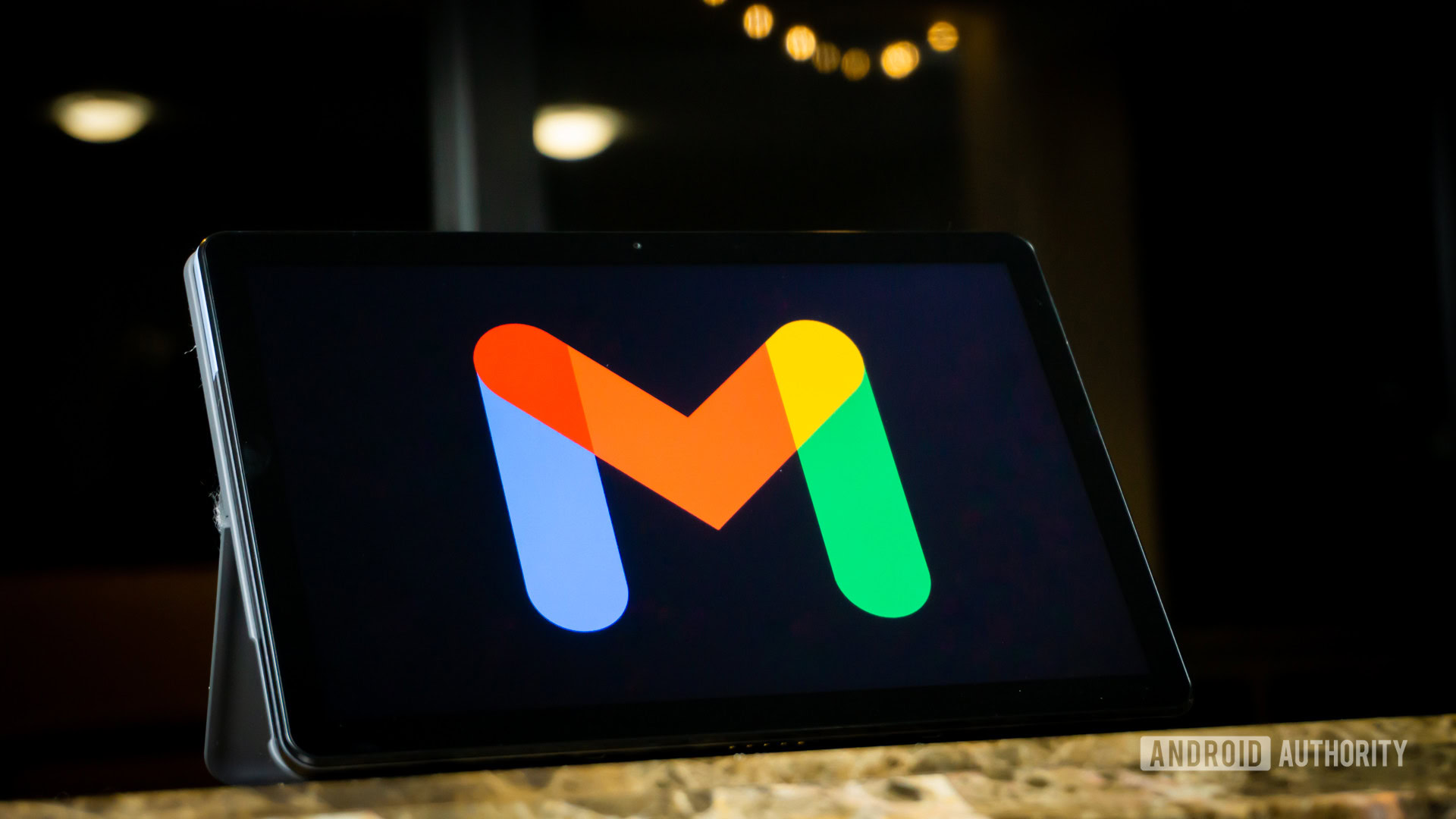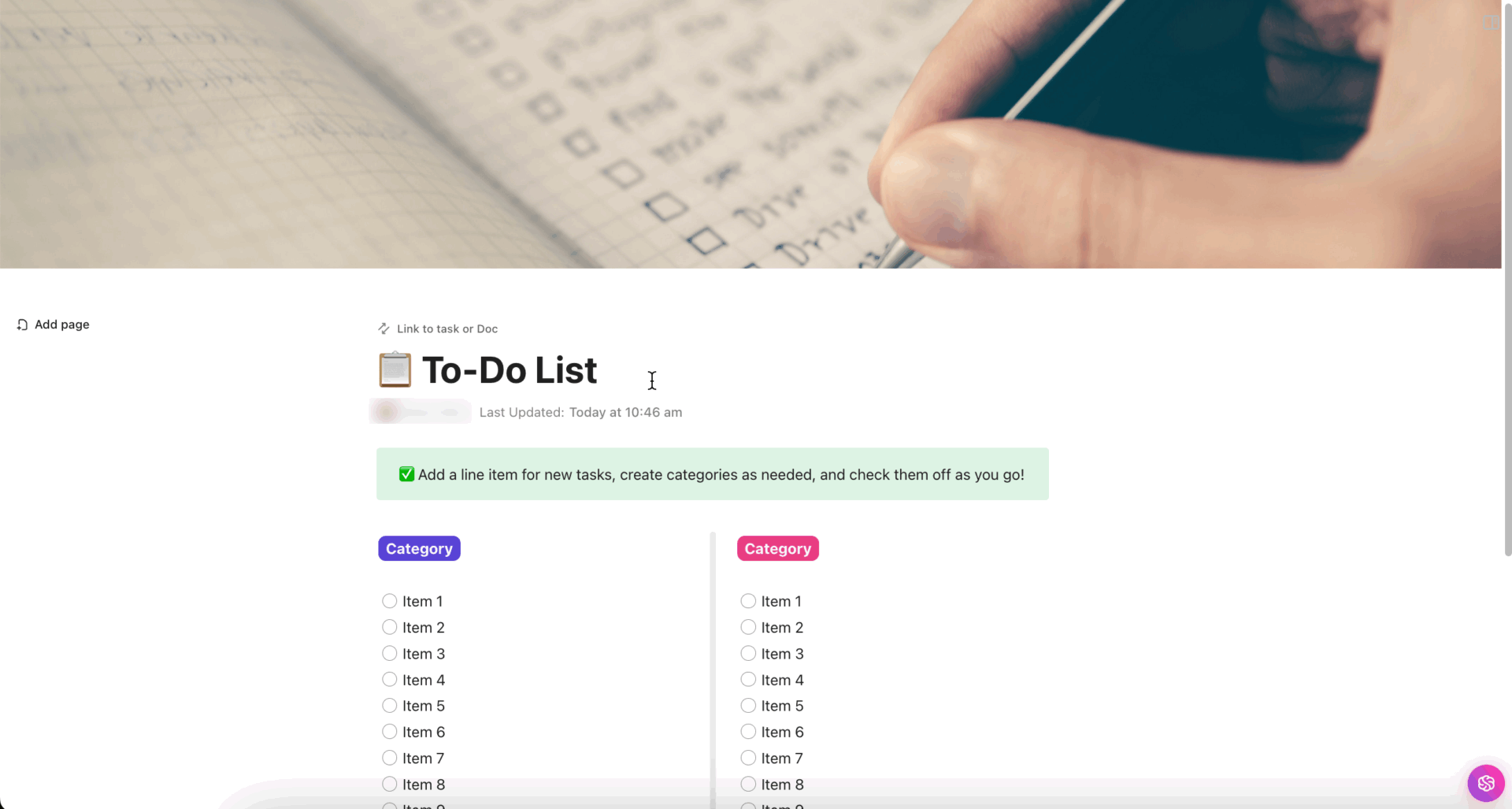There’s a new tab in Google Search. You might have seen it recently. It’s called AI Mode, and it brings a Gemini- or ChatGPT-style chatbot right into your web search experience. You can use it to find links, but also to quickly surface information, ask follow-up questions, or ask Google’s AI models to synthesize things in ways you’d never find on a typical webpage.
For now, AI Mode is just an option inside of Google Search. But that might not last. At its I/O developer conference on May 20th, Google announced that it is rolling AI Mode out to all Google users in the US, as well as adding several new features to the platform. In an interview ahead of the conference, the folks in charge of Search at Google made it very clear that if you want to see the future of the internet’s most important search engine, then all you need to do is tab over to AI Mode.
Google likes to remind people that much of the core technology underpinning the AI revolution was actually created at Google. The “T” in ChatGPT stands for “transformer,” a concept developed by a bunch of Googlers in 2017 and presented in a now-iconic paper called Attention Is All You Need. The industry continues to look for every nook and cranny into which it can shove a large language model, but “we invented a lot of this stuff for search,” says Nick Fox, who runs all of Google’s knowledge and information products. And thanks to Google’s AI work, he thinks Search might be unrecognizably different — and, in his mind, far better — in just a few years.
“We invented a lot of this stuff for search”
“In the past,” Fox says, “search would have been limited to, ‘if there’s a piece of information out there, I can deliver it back to someone.’” He calls this the information retrieval phase of search. “But what’s amazing about these models is they have the ability to reason, to transform, to connect dots across, to synthesize, to do all these other things that go beyond information retrieval to this notion of intelligence.” For years, Google CEO Sundar Pichai has talked about wanting Google to be more helpful, and that’s exactly what Fox thinks Search can do better now.
The new features coming to AI Mode are mostly things that you simply can’t do with a normal Google query. There’s Deep Search, Google’s take on the deep research trend in AI models, which turns your prompt into lots of searches, and spends time looking up and synthesizing information to give you a (hopefully) broad and coherent summary of even a very large topic. Project Mariner, the previously experimental feature that can actually click around the web and do stuff for you — Google likes to show Mariner booking vacation travel for you, or hunting around the web for the best concert ticket prices and then buying the best deal all on its own — is also now built into AI Mode. And with Search Live, you can interact with the search engine by having a conversation with it, and by pointing your camera at whatever you’re looking for.
AI Mode can now access your old search queries, too, and you can opt to allow it to access your email (and eventually other Google apps) to give the system more context about who you are and what you care about.
Add all these things together and what you get is a version of Search that is much more flexible and personalized, both to the user and to the individual query at hand. Imagine a version of Google that isn’t just a page full of links, but offers a completely different interface and set of data every time you press enter. That’s what Liz Reid, who runs Google’s search team, wants the product to look like.
“I think the search results page was a construct,” she says. The way we’ve all Googled for two decades was largely a response to the structure of the web itself: web pages in, web pages out. Good AI models are now able to get around that structure, and find and synthesize information from lots of sources. Now the question for Google, Reid says, is “is the information just presented to you, or is it presented to you in a way that feels as useful as you would like it to be?”
The chatbot-first AI Mode won’t fully replace the search results page for a while. It’s not even replacing the “I’m Feeling Lucky” button, no matter what a few people saw recently. Google is too complicated a product, used for too many things, to make a switch like that all at once. For now, Fox compares the setup to the way you might use Google Images or Google News: as both dedicated spaces for a specific use, and a section in general search results. “We think the main search experience should be the best experience for the majority of our users. And it should bring in AI, images, news, whatever it is, into the experience that makes sense. And then we provide modes for people to go deeper into the thing they’re looking for.”
If you want to see where the AI takeover is happening, though — and it is happening — keep an eye on the AI Overviews that pop up at the top of your results. Google also announced at I/O that 1.5 billion people are seeing AI Overviews in their search results every month, which Fox says is both a function of Google showing them on more searches and of users increasingly searching for things that show the overviews. “Really what we see is that people are seeking it out,” he says. AI Overviews have been somewhat problematic in the past: Google’s AI has told people to eat rocks and put glue on their pizza, and at least for a while would happily define any made-up saying you asked about. But they’re here to stay, and Fox and Reid both say they’re confident that they’ll keep getting better.
Over time, Google seems to think of AI Mode and AI Overviews, and by extension Search as a whole, not as “some text summarizing search results” but something more like a blank canvas for sharing information. Should some results be AI-generated videos or podcasts? Or automatically generated charts and graphs, which AI Mode can already create for you? What about a full, one-off web app, created by Gemini, just to help you answer the question you asked? What if, instead of just offering you some information about your question, Google could tap into Project Mariner and just go solve your problem for you? That’s the future of search results, Google thinks, and it doesn’t have much use for a page full of blue links.
The future of search results doesn’t have much use for a page full of blue links
When I ask Fox and Reid what this might mean for the web, and for the millions of website owners and publishers that have long depended on Google to send them traffic, Fox says he’s convinced the rise of AI is not the end of the open web. “I deeply believe this is an expansionary moment,” he says. “The death of the web has been 25 years coming, and it’s not happening. The web is growing.” He says Google’s data shows that people do click the links in the AI Overviews, and can actually be more engaged in the sites they go to because they’re deliberately looking to go deeper on something. But he allows that he’s an optimist on this stuff.
Whatever it will mean for the web, there’s no question that Google is committed to a total reinvention of what search looks like, and what it even means, going forward. In three years, Fox says, we will all think about and use Search in a way completely unrecognizable to today’s product. Google executives always love to talk about the company’s mission statement — to organize the world’s information and make it universally accessible and useful — and Fox and Reid both reference it multiple times. Google has spent 25 years working on “organize” and “accessible,” and Reid says the job is now shifting to the last word in the sentence. What does it mean for Google to take all the world’s information, and make it useful? In AI Mode, and across Google’s most important product, it means putting Gemini to work.










